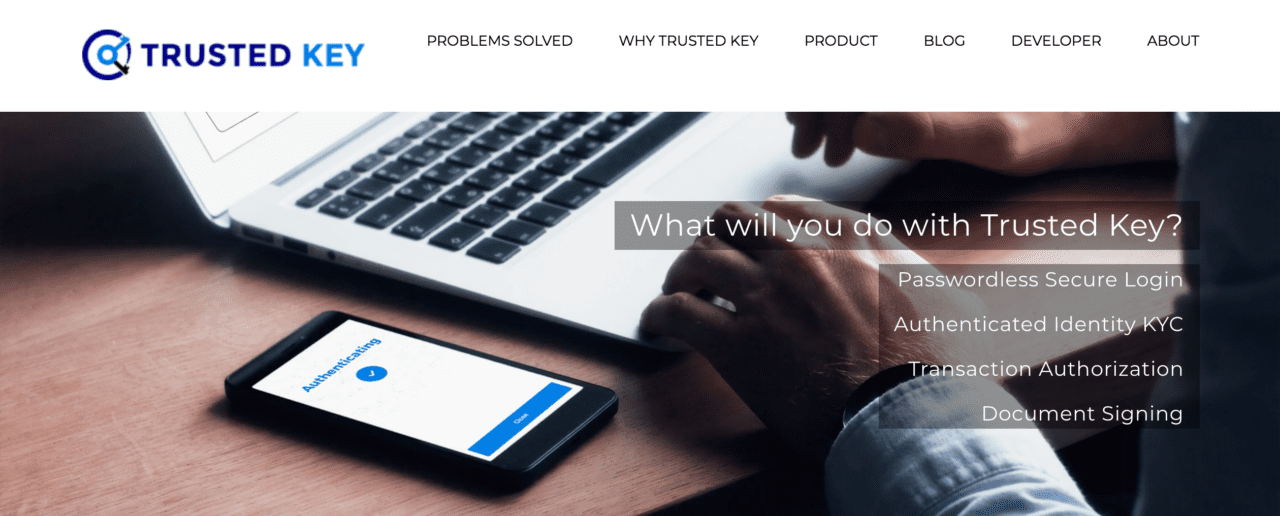BOK Financial, a regional financial services company based out of Tulsa, Oklahoma, has teamed up with digital lending platform Roostify to improve the home buying process for customers and give lenders access to technology that will make it easier to process loans.
“The technology investment complements BOK Financial’s increase in purchase loan production across the company’s eight-state retail footprint as well as the consumer direct channel over the past year,” BOK Financial Mortgage President Glenn Brunker said. “The bank is leveraging Roostify’s dynamic technology to deliver a unique offering to both the employee and customer in the different markets and channels. This will affirm our commitment to the implementation of a streamlined digital experience for our customers.”
Crediting the mortgage lending industry for its willingness to “embrace new technology,” Roostify CEO and co-founder Rajesh Bhat said, “This gives BOK Financial’s loan officers the opportunity to better manage an already complicated task of juggling financial documents and progress notifications between multiple parties. Home buyers benefit from a better experience from application to closing.”
The new platform will enable customers to begin an application, add documentation, and follow their loan’s progress online. Loan applicants will be able to securely upload, send, and receive loan documents, as well as provide access to others involved in the transaction – such as their real estate agent. The solution will allow loan officers to spend less time processing paper documents and making repeated follow-ups with customers and instead give them more time “to get the loan into processing much faster and keep it moving forward more easily” in the words of John Yancey, a loan officer familiar with Roostify’s technology who was quoted in the partnership announcement.
Headquartered in San Francisco, California and founded in 2014, Roostify demonstrated its platform at FinovateSpring 2016. The company’s digital home lending platform helps banks, independent brokerages, and lenders close loans faster, reduce paperwork, and provide a superior, friction-free mortgage experience. Last month Roostify was honored at the MBA Insights 2018 Tech All-Star Awards for its achievements in mortgagetech. In March, the company added Mark McLaughlin as Senior Vice President for Business Development and in February, the company picked up an investment of $25 million, taking its total capital to $33 million. Roostify began the year announcing an integration with online lending marketplace and fellow Finovate alum, LendingTree.









